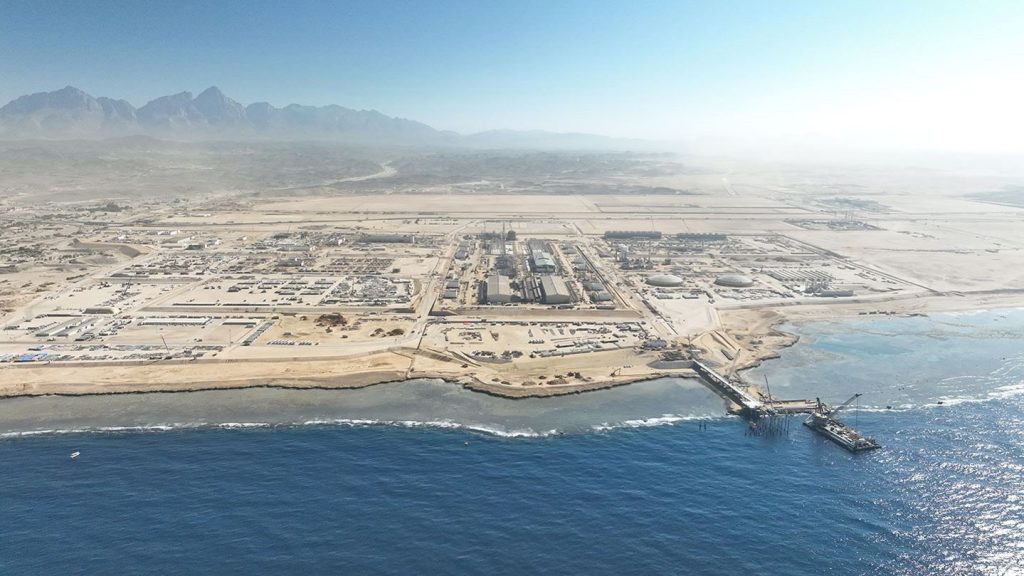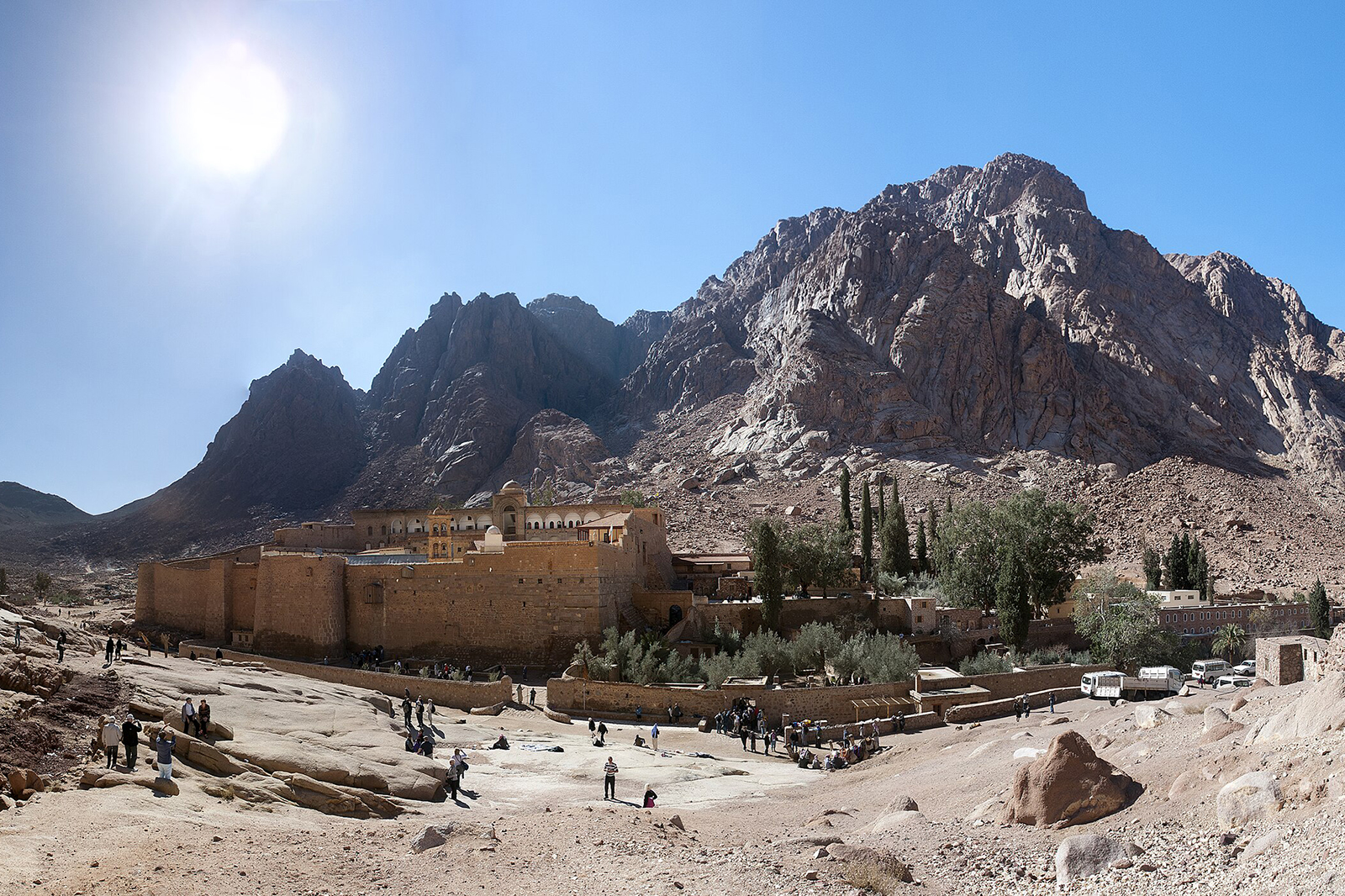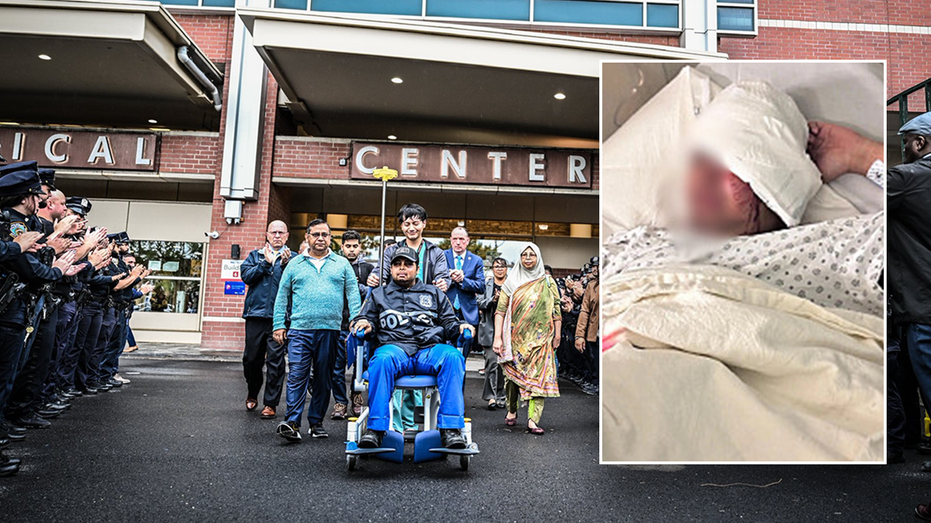Now Reading: Hajj pilgrims leaving the US this week face an anxious homecoming
-
01
Hajj pilgrims leaving the US this week face an anxious homecoming
Hajj pilgrims leaving the US this week face an anxious homecoming

Approximately two weeks to 10 days before the Eid al-Adha holiday, messages start arriving from Muslims about to leave for the Hajj pilgrimage. These messages seek forgiveness for any wrongdoings, preparing for the journey required of all financially able Muslims. However, concerns have arisen due to the Trump administration’s immigration measures, causing anxiety for Hajj travelers regarding visa status and social media scrutiny upon return to the United States.
The Council on American-Islamic Relations advises travelers on how to handle potential questioning and encourages preparedness. Reports have surfaced of invasive questioning at U.S. borders, including inquiries about mosques attended and social media activity. The recent suspension of visa interviews for foreign students has also raised worries among Hajj pilgrims.
Travelers are debating strategies like deleting social media accounts or using disposable phones for privacy during the pilgrimage. Even though these precautions are not indicative of wrongdoing, the uncertainty surrounding re-entry to the U.S. is causing unease for many, including those with valid visas or green cards.
Despite the concerns, individuals remain hopeful and excited about their upcoming pilgrimage, viewing it as a spiritual opportunity. The need to navigate through border security protocols has become a significant topic of discussion among Hajj groups and civil rights organizations, reflecting the heightened caution among travelers in the current climate.






